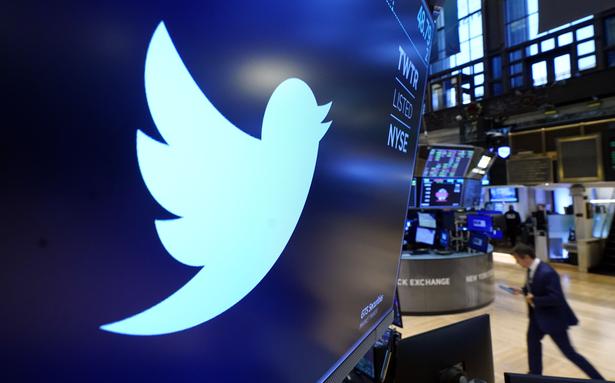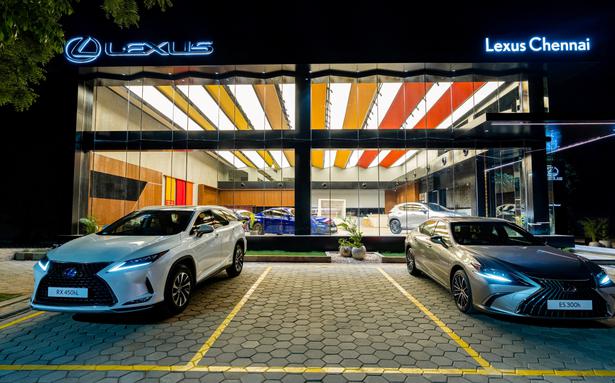The deal is expected to close later this year. But before that, shareholders and regulators in the US and countries where Twitter does business still need to weigh before the deal goes through.
The deal is expected to close later this year. But before that, shareholders and regulators in the US and countries where Twitter does business still need to weigh before the deal goes through.
Twitter’s acceptance of Elon Musk’s roughly $44 billion takeover bid brings the billionaire Tesla CEO one step closer to owning the social media platform.
The deal is expected to close later this year. But before that, shareholders and regulators in the US and countries where Twitter does business still need to weigh before the deal goes through.
Offer accepted, now what?
The process has started well for Musk, as Twitter’s board of directors unanimously accepted his offer and recommends shareholders do the same.
In announcing the deal on Monday, Twitter noted that the offer, which represented a 38% premium to the company’s closing price on Jan.
When Twitter’s board of directors passed an anti-takeover regulation known as the “poison pill” just 10 days ago, it was widely seen as a telltale sign that directors were prepared to reject Musk’s inaugural bid, or perhaps seek another suitor willing to to pay more.
But the battlefield shifted dramatically late last week when Musk announced he had committed $46.5 billion — including $21 billion of his personal wealth — to the purchase. Musk said other investors could participate in the funding.
The secured funding not only underscored the seriousness of Musk’s pursuit, but seemed to open the door for other big Twitter shareholders interested in learning more about his plans for the San Francisco company.
The details of those talks aren’t known, but Musk could point to a more than 20-year history of building and running multiple companies — most notably as longtime CEO of Tesla. The electric car maker is currently valued at $1 trillion — about 25 times more than Twitter.
“I think there’s nothing better for Twitter than for Elon Musk to buy it and ideally replace the board and also double the investment in products and new revenue streams,” said John Meyer, a technology entrepreneur and investor. “Musk has a track record of being able to do the impossible.”
It would be easy to see why other Twitter shareholders would welcome a reorganization and the opportunity to cash out on their investment. Before Musk disclosed his 9% stake in Twitter earlier this month, shares were trading below $40 — not much more than the $26 price when Twitter went public in November 2013. Since then, the tech-driven Nasdaq has more than tripled after a recent downturn. Twitter was a laggard because the company struggled to consistently generate profits while delivering lackluster top-line growth compared to the two dominant forces in digital advertising, Google and Facebook.
Meanwhile, Tesla stock is now worth almost 300 times what it was when it went public in 2010. And after more than a decade of struggling to make money, the automaker is now up 3.3% on net income Billions of dollars extremely profitable in the first three months of the year alone.
What happens next?
As usual, once a company agrees to the acquisition, the buyer can take a closer look at their books to make sure there aren’t any red flags that haven’t surfaced through the company’s public records.
This step in the process should not pose any obstacles to the deal, said Angelo Zino, technical analyst at CFRA.
“He’s acquiring this company, not from a financial standpoint,” Zino said. “He’ll do whatever he wants with it, and he’ll probably try to make significant changes to the company’s business model.”
What say might regulators have?
Last year, Twitter generated $5 billion in revenue, with $2.8 billion in the U.S. and the rest overseas, Zino said. The Federal Trade Commission in the US or the European Commission in the EU are among the regulators that could look into the proposed Twitter buyout.
The main issues that agencies generally focus on are how the sale of a company might affect competition in an industry or whether it violates antitrust laws.
These reviews can take months or longer, but generally present a major potential hurdle when two companies in the same industry are merging or, in the case of a single buyer, whether the property already has a large interest in companies in the same industry.
Neither Tesla nor Musk’s other company, Space Exploration Technologies or SpaceX, are social media platforms, so antitrust concerns shouldn’t be expected when regulators review the deal, analysts said.
“We do not expect any major regulatory hurdles to complete the deal as this soap opera now ends with Musk owning Twitter,” Wedbush analyst Daniel Ives wrote in a research note on Monday.
When can shareholders vote?
The deal is expected to close in 2022, subject to Twitter shareholder approval. Twitter has not yet announced the timing of a shareholder vote, although the company’s annual meeting is scheduled for May 25, which could provide a good time for a shareholder poll.
A company can elect to hold a shareholder vote at any time, even before regulators have completed their review of a proposed acquisition.
What about the Twitter leadership?
At this early stage, it’s unclear what will happen to Twitter’s current board or management team if the deal goes through, but Musk has made it absolutely clear that he believes the company has been mismanaged. This assessment is a strong indication that Musk’s transformation will also include a purge of Twitter’s top ranks.



